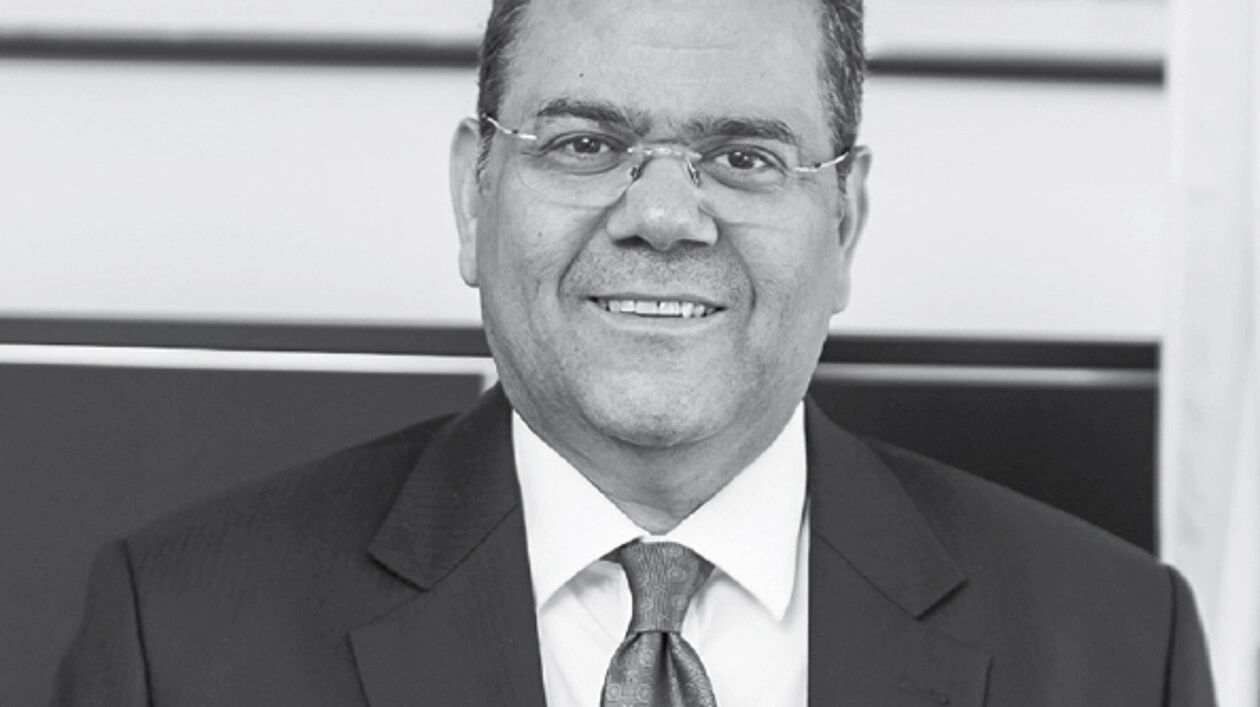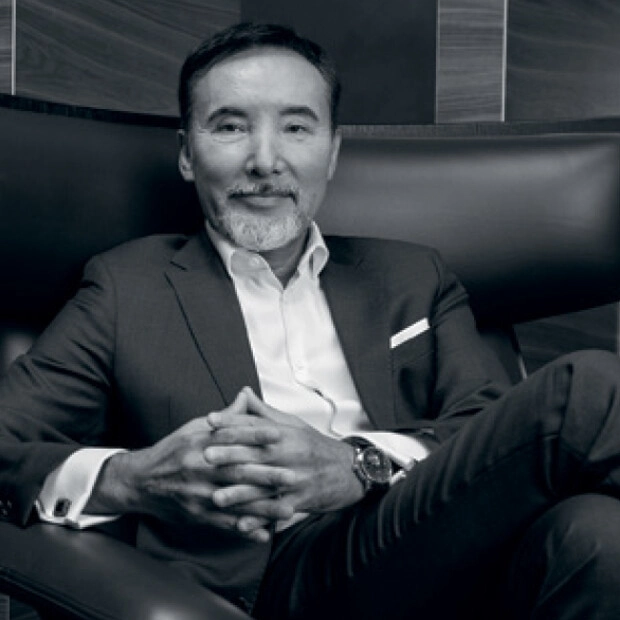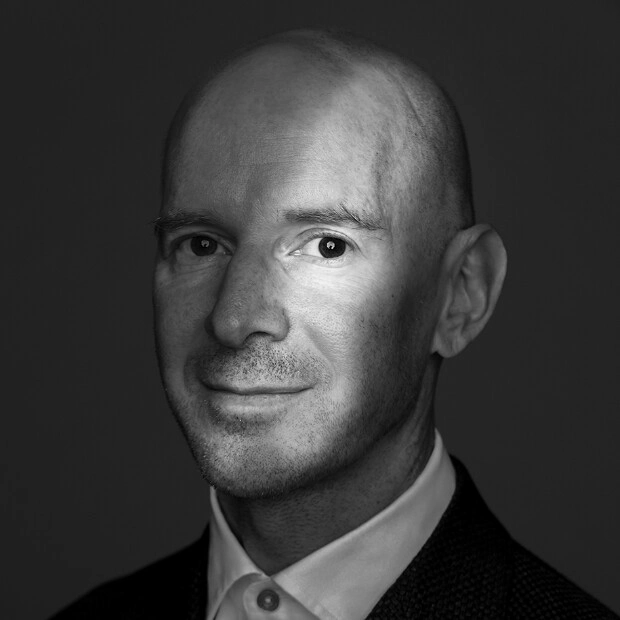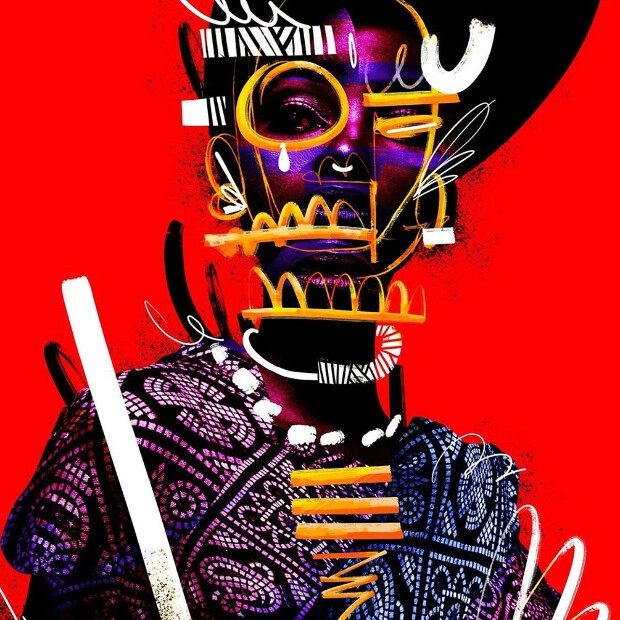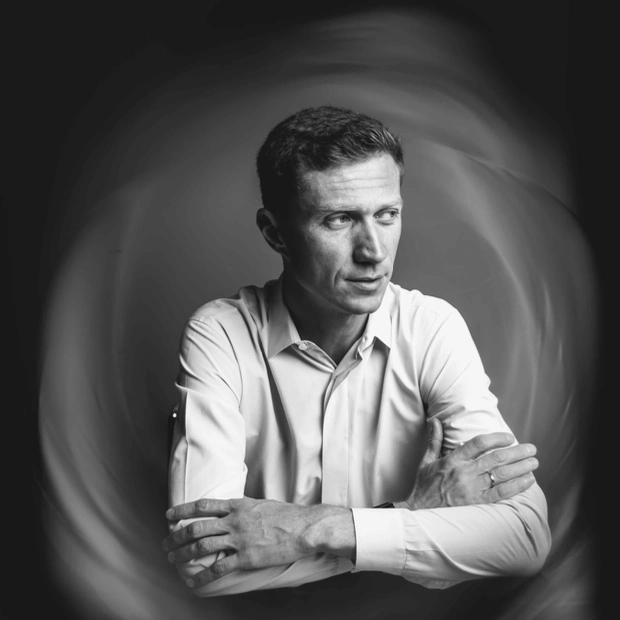The Qur’an states that God created people in order that they might meet, embrace, and come to understand each other. Human relationships don’t require a lot of money; all that’s necessary is that a person has proper, sincere in-tentions. I’m talking about having love for what’s all around us, placing trust in people. The main source of the world’s instability lies in how viewpoints differ between individuals and between entire peoples, and it seems to me that it’s only through dialogue that we are able to meet this challenge that has been sent to us from above.
Bahrain, in recent times, has become a bridge between the cultures of East and West, North and East. If you think about it, the very location of our country tells us that this place was created for the world. Nor are we the first to reflect on this. Among the sights of Bahrain are thousands of burial mounds from the little-known civilisation of Dilmun: there have been very few discoveries related to this culture, practically none. Those people, who were living here five thousand years ago, buried their ancestors on our land, in the territory of Bahrain, perhaps believing that life here carries on after death the dead were sent to another world, along with their jewelry and other personal belongings.
The Government of the Kingdom has preserved this heritage, because it holds that every person is free to have his own personal religious space. Today, the people of Bahrain are multireligious: among the faith groups living here are Muslims, Christians, Jews, Buddhists, and Hindus. One could argue that this is the most successful effort to establish a peaceful coexistence between adherents of different religious teachings. We must respect each other, every religion and culture, in order to spread love between people. Religion should be a constructive force, rather than its opposite. A religion that destroys society is not religion.
Again, I look to the Qur’an, in which it is written that to the dust the evil goes, but that which is of aid to people remains on the earth. In the minds of many people, Islam is associated with the acronym ISIS. But the depth of Islam itself has nothing to do with what people are doing in this terrorist organization. Man himself, created as he was by God, repudiates evil. Many countries have, as part of their history, periods when their people have had to wrestle with plagues within their society, have had to respond to the challenges of evil. And ISIS is not only operating within the Arab world. In my estimation, the most appropriate, effec-tive method of combating it is friendly communication between peoples.
In my work, I endeavour to create a large circle of friends, to establish bridges between different cultures and civilisations. I, like all people, am a student in this great world, and thus I want to become acquainted with other cultures, and to acquaint them with my country, to tell other countries about our civilization, about the customs and traditions of our people, to show them the depth of Arab-Muslim culture. The culture of a country is in its religion, its language, in how its people behave, how they dress and eat. When countries become acquainted with each other, there is a process by which different peoples exchange interests. Learn, learn, and learn some more. This is a great challenge, which I have been involved in my entire life I’ve always felt the need to acquire diverse strains of knowledge, because I see them as humanity’s greatest weapon, its strength, capable of pro-tecting us always and everywhere.
I’ve always had a great desire to serve my country. In my opinion, the best way to do this is to bring knowledge to your people: to get an academic degree and research, to discover something new, or, thanks to your knowledge, to occupy a position in society which would help change the country for the better. I’ve read a lot of autobiographies, personal diaries, and the letters of people who were once important state figures, and I’ve studied their life experiences. I want to avoid the mistakes of others. As a member of the parliament of Bahrain, I’ve achieved many goals through the knowledge I’ve gained, I’ve had direct contact with the people, and I’ve met its challenges and requirements. Today, I have the honor to serve as ambassador and to work on developing relations between the Kingdom of Bahrain and the Russian Federation, a great power, highly developed in its civilisa-tion, history and tradition. I think that, thanks to God, my parents, and His Majesty the King of Bahrain, I’ll be able to handle the mission that I’ve always dreamed of doing.
We admire people who have realised their dreams after having overcome nearly insurmount-able obstacles. There are those among us with disabilities who have achieved much more than those whose lives are not constrained by bodily limitations. There are also those who were born and raised in poverty, but who learned to live differently, and whose children are now growing up in affluence. And how many examples can you find of people who’ve achieved success even without an education! There are many different sorts of challenges, but when you observe how some people overcome such serious difficulties, you can’t stand still you want to make this world better. And we should be thankful to God for bringing such strong personalities into politics.
Let's look at Bahrain how small this country is on the world map, but how successful it has become over the past twenty years. If I begin to list all the positive things that His Majesty King Hamad ibn Isa Al-Khalifa did during his reign, I would run out of space. Our state is developing at a very rapid pace.
It's amazing how successfully Vladimir Putin has managed the Russian Federation, such a large, complex, and relatively young country. Someone who will always be an example to me is Lee Kuan Yew, who created, out of a poor country, the prosperous state of Singapore. Or looking to public figures in the Middle East, I admire the politician who built modern Dubai. Mohammed bin Rashid Al Maktoum has given this small city an incredible reputation, having done great work in all spheres of life in the Emirates.
These political leaders all understand that only an intercultural dialogue will allow us to stay on this earth as long as possible. And until all world powers, without exception, heed this thought, a threat, albeit at a distance, will continue to loom ominously over humanity the most frightening of all challenges: war.
